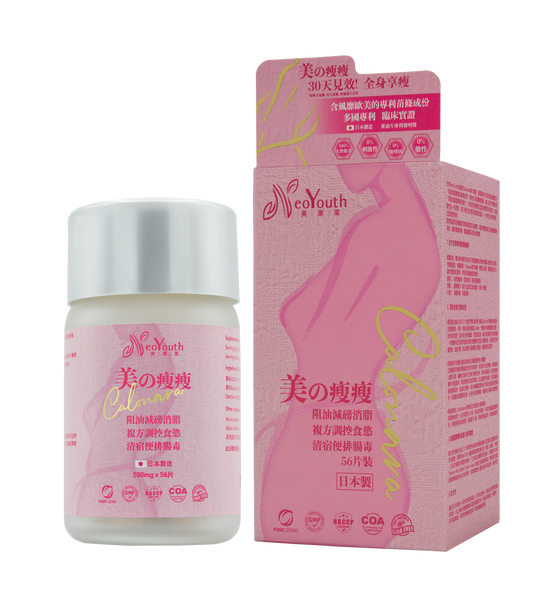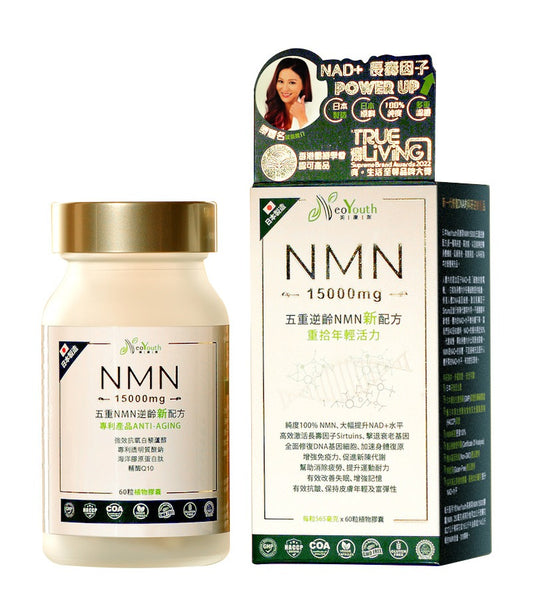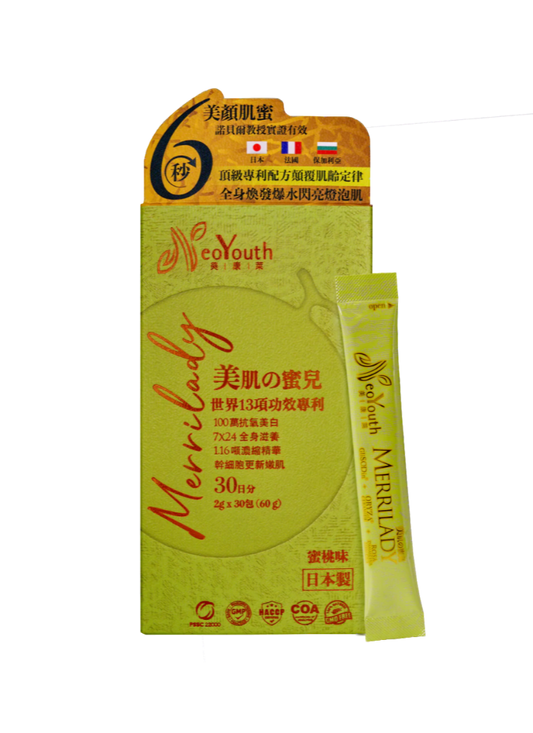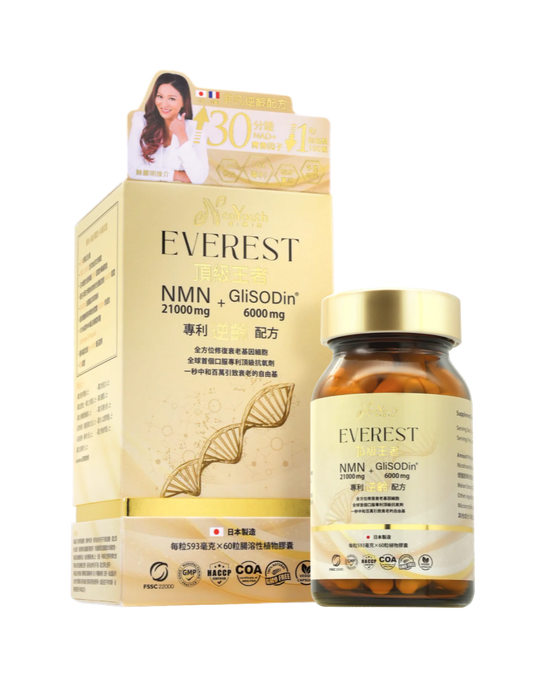In recent years, many people have faced varying degrees of inflammation in their bodies. Inflammation is actually a normal physiological response and self-defense mechanism of our body. When our body is injured or infected, the immune system is activated, mobilizing relevant cells and inflammatory factors to repair damaged tissues.
A moderate inflammatory response is beneficial, clearing pathogens and repairing damaged tissues to maintain our health. However, if inflammation persists too long or gets out of control, it can harm the body and even increase the risk of cancer and chronic diseases. Therefore, we need to learn how to effectively manage and control inflammation.
Generally speaking, inflammation in the body can be caused by a variety of factors, including: infectious stimuli (such as invasion of pathogens such as bacteria, viruses, and fungi), external stimuli (such as injury, burns, contact with chemicals, etc.), autoimmune disorders (such as diseases such as arthritis and lupus), lifestyle factors (such as unhealthy diet, lack of exercise, excessive stress, insufficient sleep, etc.), and genetic factors.
Based on duration and nature, inflammation can be divided into acute and chronic inflammation. Acute inflammation is usually caused by bacterial pathogens or infection, with obvious symptoms such as redness, swelling, fever, and pain. It lasts for a short period and usually recovers within a few days. Chronic inflammation, on the other hand, is caused by a variety of factors, such as autoimmune diseases, environmental pollution, and life stress. Symptoms are not obvious and may manifest as joint pain, fatigue, and gastrointestinal discomfort. It lasts for a long time and may last for months or years.
To soothe and improve acute and chronic inflammation, we can take the following practical suggestions:
For acute inflammation, the first priority is rest and recuperation, allowing the body sufficient time to repair itself. Applying ice can reduce swelling and pain, lowering the inflammatory response. If symptoms are severe, painkillers and anti-inflammatory drugs can be taken as needed to relieve them. Furthermore, moderate exercise can help increase blood circulation and promote the self-repair of inflammation.
For chronic inflammation, long-term management and adjustment are required. In terms of diet, one should consume more foods rich in anti-inflammatory substances, such as those containing anthocyanins, lycopene, lutein, and beta-carotene, including leafy green vegetables (broccoli, spinach), dark-colored fruits ( blueberries ), whole grains, and fish ( salmon , sardines, tuna, mackerel). Supplementing with Omega-3 fatty acids (such as fish oil from cold-water fish) and antioxidants (such as vitamins C and E, and citrus fruits like grapefruit , tangerines , oranges , and lemons ) also helps reduce inflammation. Appropriate exercise can accelerate metabolism, control weight, eliminate toxins, and enhance immune system function. In addition, it is important to manage stress, ensure sufficient sleep, and maintain a good mental state.
Inflammation is a health issue that deserves our attention. We need to learn how to properly understand and manage inflammation in order to better maintain our health.





